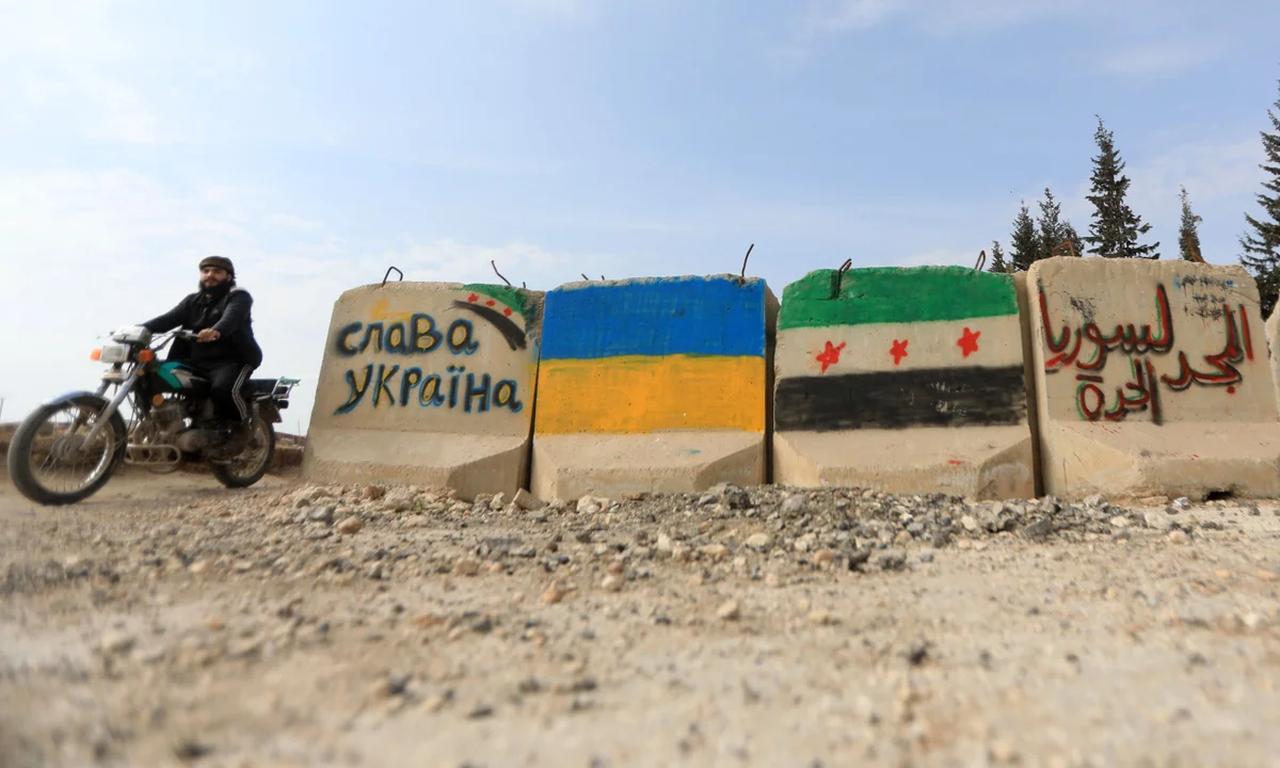
In the wake of U.S. President Donald Trump's announcement during his Middle East tour that he would "instruct the lifting of sanctions on Syria," the European Union followed suit just days later by deciding to remove its own sanctions on the country.
For Türkiye, this geopolitical development presents both an opportunity and a strategic advantage. With its robust logistical infrastructure and long-standing commercial ties, Türkiye is positioned as Syria’s primary trading partner.
Turkish and Syrian entrepreneurs benefit from deeply rooted and historically resilient partnerships. These connections are poised to serve as a catalyst for renewed bilateral economic activity. Turkish firms are expected to play a pivotal role in Syria’s reconstruction and economic reintegration but also in facilitating broader trade between Syria, the EU, and global markets.
Drawing on extensive experience in Syria and the wider region, Turkish businesses are well placed to lead reciprocal investment flows and act as intermediaries in the normalization of Syria’s commercial relations with the international community.
If Ukraine's reconstruction is added to this with a potential easing of Russia sanctions, Türkiye will be one of the first countries to benefit.
Türkiye’s geopolitical location ensures it remains a central player in every regional crisis. Regardless of internal missteps or inconsistent times in policy-making, global actors are compelled to engage Türkiye. This is not simply due to diplomatic finesse, but because geography and military relevance force it onto the agenda.
In this context, it's vital to emphasize that international economic opportunities are rarely shaped by domestic factors alone. Instead, Türkiye's potential gains are sometimes determined by decisions made in power centers far beyond its borders.

The notion of an imminent and orderly post-conflict reconstruction is, at best, overly optimistic for Syria. However, the country has shown that it is offering hope.
Estimates suggest up to $500 billion will be required to rebuild it, after 14 years of unrelenting war. While Türkiye is unlikely to control or lead this effort, its proximity, economic interdependence, and regional experience position it to benefit substantially, particularly through construction, logistics, and trade.
Should the war in Ukraine end and reconstruction efforts commence, a second massive economic channel could open. Much like Syria, Ukraine’s rebuilding is expected to require another $500 billion, primarily led by European institutions. However, these efforts will rely heavily on subcontractors and neighboring partners. Türkiye, as a NATO member with a highly active construction and service sector, is well-placed to serve as a secondary contractor, especially for infrastructure and logistics operations.
There’s another dimension to the same area. If broader Western sanctions on Russia begin to ease as part of diplomatic compromises, Türkiye could again benefit. Turkish firms—especially in the service sector—could fill the vacuum left by Western companies that exited Russia and Turkish equivalents may find fertile ground. Additionally, the Turkish export sector could see significant growth.

Cumulatively, these developments hint at a potential inflow of over $1 trillion in economic activity within Türkiye’s regional neighborhood. Even if only a fraction of this value enters Türkiye’s economy, the impact would be transformative. A mere participation rate could catalyze investor confidence, prompt foreign capital inflows, and create positive short-term market sentiment.
Yet, this outlook has a key vulnerability: Türkiye is not the primary actor shaping these outcomes, and much depends on U.S. policy. The prospect of Trump brokering deals with Vladimir Putin or influencing decisions on the YPG terrorist group's presence east of the Euphrates introduces unpredictability.
Türkiye is making every effort to make this possible. Last week in Istanbul, it hosted talks on peace in Ukraine, while at the same time working with other regional countries such as Saudi Arabia to stabilize Syria.
What may have seemed like a far-fetched reality last month does not seem so far-fetched now that Trump has announced the lifting of sanctions on Syria during his visit to the Gulf and is known to prioritize peace in Ukraine.